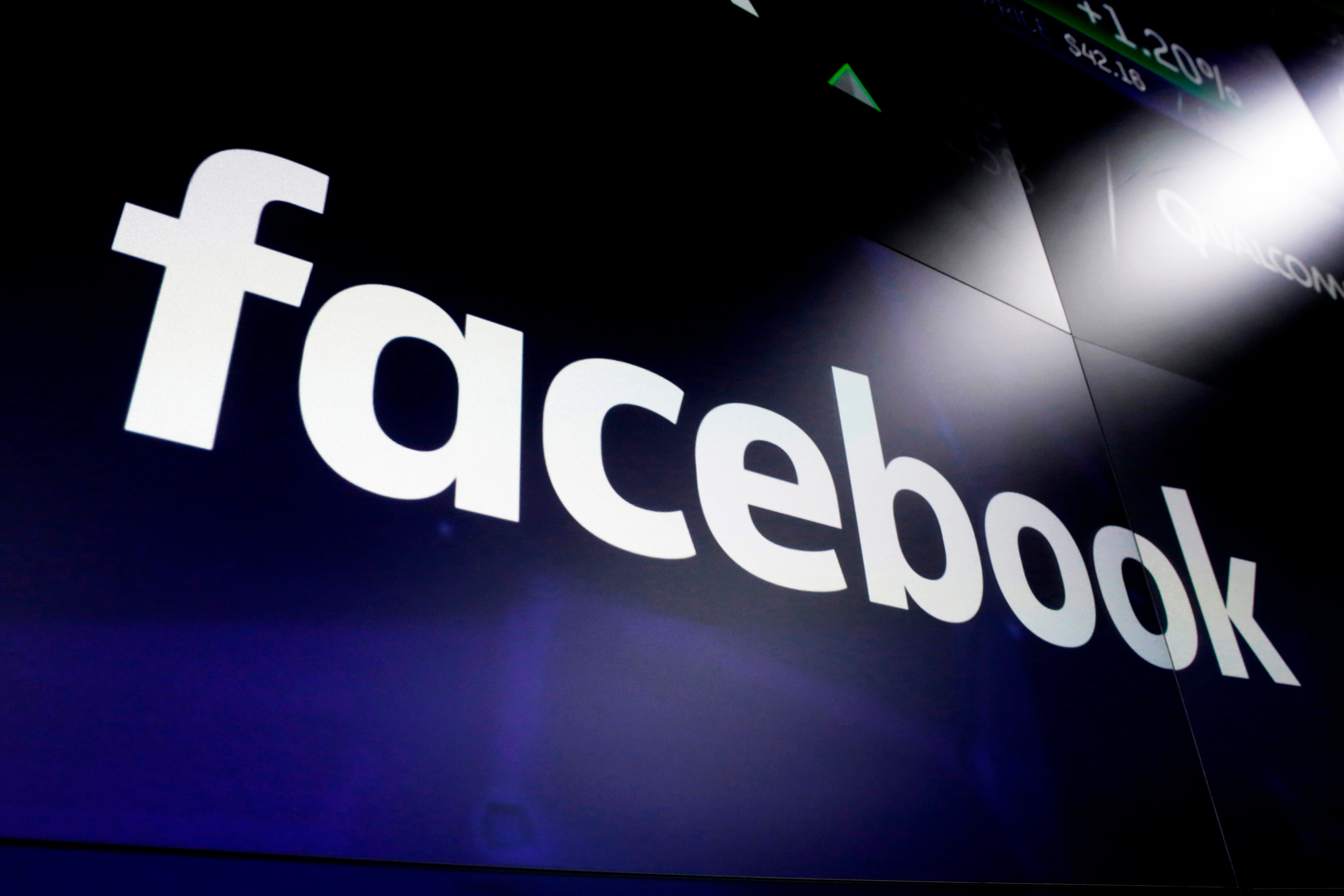Fake pages from China tried to disrupt US election, Facebook says
Facebook says it has removed a small network of fake accounts and pages that originated in China and focused on disrupting political activity in the U.S. and several other countries

Your support helps us to tell the story
From reproductive rights to climate change to Big Tech, The Independent is on the ground when the story is developing. Whether it's investigating the financials of Elon Musk's pro-Trump PAC or producing our latest documentary, 'The A Word', which shines a light on the American women fighting for reproductive rights, we know how important it is to parse out the facts from the messaging.
At such a critical moment in US history, we need reporters on the ground. Your donation allows us to keep sending journalists to speak to both sides of the story.
The Independent is trusted by Americans across the entire political spectrum. And unlike many other quality news outlets, we choose not to lock Americans out of our reporting and analysis with paywalls. We believe quality journalism should be available to everyone, paid for by those who can afford it.
Your support makes all the difference.Facebook says it has removed a small network of fake accounts and pages that originated in China and focused on disrupting political activity in the U.S. and several other countries
The U.S.-focused activity was just a “sliver” of the accounts' overall activity and gained almost no following, Facebook said. Their primary focus was Southeast Asia including the Philippines.
In the U.S, the accounts posted material both in support of and against presidential candidates Pete Buttigieg, Joe Biden and President Donald Trump
Facebook did not link the network directly to the Chinese government. It said the people behind the network tried to conceal their identity and location via virtual private networks and other methods.
Concerns about foreign efforts to interfere in the election were underscored by a warning Tuesday from the FBI and Department of Homeland Security that foreign actors and cybercriminals were likely to spread disinformation regarding the results of the election, including by creating fake websites or social media content to discredit the process.
U.S. intelligence officials warned last month about ongoing or potential efforts by China, Russia and Iran to interfere in the 2020 election. In an August public assessment, the country’s chief counterintelligence official, William Evanina, said officials had determined that Beijing regards Trump as unpredictable and wants to see him lose to Biden.
The statement said that China had been expanding its influence operations ahead of the 2020 election to “shape the policy environment in the United States” and had been weighing the pros and cons of taking more aggressive action.
Notably, though, the intelligence assessment was more specific in its characterizations of Russian interference, saying that Moscow was using a range of measures to denigrate Biden and that Kremlin-linked actors were propping up Trump’s candidacy on social media and Russian interference.
The question of which country poses the biggest threat to election security has emerged as a politically fraught issue.
Trump and several senior administration officials have repeatedly insisted that China is more aggressive, even though that characterization is not in line with the August intelligence assessment. After FBI Director Chris Wray outlined the threat of Russian interference at a congressional hearing last week and warned of its ongoing danger, Trump harangued him on Twitter by calling China a “FAR greater threat than Russia, Russia, Russia.”
Facebook said the network focused mainly on Southeast Asia, where it posted in Chinese, Filipino and English about global news and current events.
These included Beijing’s interests in the South China Sea, Hong Kong, support for Philippines President Rodrigo Duterte and his daughter's potential run in that nation's 2022 presidential election, and criticism of Rappler, an independent news organization in the Philippines.
Facebook also removed a second network originating in the Philippines. These accounts posted in Filipino and English about local news and events including domestic politics, military activities against terrorism, a pending anti-terrorism bill, criticism of communism, youth activists and opposition, the company said.